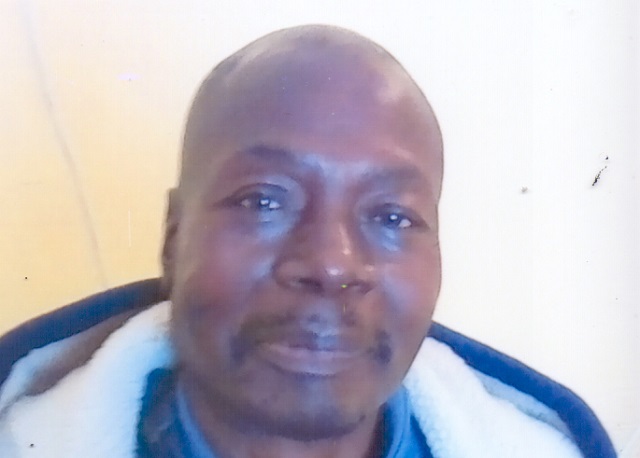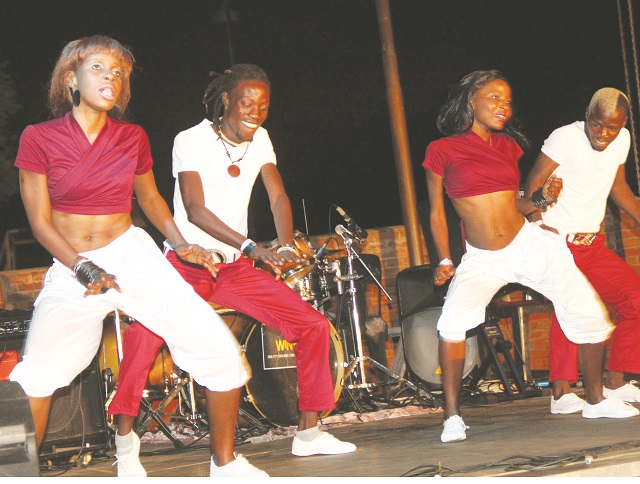Third Term: The final lap

Saul Gwakuba Ndlovu
Zimbabwe’s academic year enters the home-stretch as the third term, the final lap, begins next week.
Primary school pupils, secondary and tertiary educational institutions’ students, particularly those of polytechnical colleges, are praying and hoping to do well at the year’s end, so are all teachers, parents, guardians and the nation at large.
End-of-the-year examination results reflect the joint effort pupils, students and teachers would have put into their studies.
Parents’ and guardians’ role has some effect, but not everywhere nor all the time. It is, however, true that pupils and students from socially, economically, culturally and even politically unstable environments seldom do well in their studies.
Economically disadvantaged people are more concerned with the procurement of life’s basic needs such as food, clothing, beverages, accommodation, and means of transport plus school fees and other requisites to enable them to access education.
In a negative economic situation, it is difficult for pupils and students to concentrate on their studies.
An unstable social environment disturbs the learning process right from the teaching staff to pupils and students.
The consumption of alcoholic beverages or any other intoxicating drugs is detrimental to the giving and receiving of knowledge, that is to say education.
Educational centres situated next to beer-drinking centres are not socially conducive to learning.
An environmental component of such centres that is a constant disturbance is the level of noise which is usually too high to allow for concentration.
We can say without any fear of being misunderstood or misinterpreted that drunkenness by whoever is involved in the educational process produces negative results.
A cultural environment characterised by a pronounced practical interest in education has a motivating effect on educationists, pupils and students.
Examination results in that environment are bound to be much better than in one in which evening fireside talk is about food collection in the veld, fishing from streams, ponds, marshes and rivers.
Children whose parents or guardians show and express a high interest in and respect for education will develop and maintain a similar, if not the same, attitude towards their studies, and their results will be good.
A country with a politically stable environment has an efficient administrative system, from the ministerial right down to the village level.
Administrative systems include infrastructure, personnel, equipment, communication network and, in the case of educational services, well planned, pragmatic syllabi relevant to the country’s socio-economic, political and cultural life, needs and goals.
Learners are bound to understand and appreciate lessons about matters that affect their everyday lives much more than those that remotely do so.
In agriculture, for instance, a country that produces, and whose staple food is, say, potatoes, should teach about potatoes and not about yams or manioc.
Pupils and students will show deeper interest in lessons about that staple crop than in crops produced in Jamaica or elsewhere.
The principle involved here is that human beings learn much more easily and much sooner about what is relevant to their lives than about foreign things, ideologies, diseases, foods, music, religious and so on and so forth.
Relevance in the acquisition of education yields good results.
We now look briefly at how best pupils and students can study, leading to good results. There is, of course, the old fashioned individual method that involves swotting for their exams.
In this method one tries to commit to memory what one reads. This method is most suitable for people with retentive minds, that is to say, minds that can retain or keep what one has either heard, seen, read, smelt, touched or tasted.
Some people’s minds can “store” information for long periods; some for only brief periods. Some people’s minds remember what the people have heard for much longer periods than what they have read.
That seems to be the case with most of us, and this brings us to the second studying method.
It is the group method in which at least three pupils or students study together. This method may involve individual reading of notes or whatever is relevant, followed by discussion by the group, asking and answering of questions by and within the group.
Reading of notes may be by only one of the study group in cases where there are a few books, or if the group feels that to be preferable.
It is important for each group to have a leader, a role that should rotate daily or weekly. Various groups can later come together as a class under the teacher’s guidance to make presentations which may be followed by a written test on the subject.
This study-group method is widely used by many Arabic nations at primary, secondary and even at university levels, and is reported to yield wonderful results.
We ought to add here that educational results reflect the roles of at least four players: the examiners, the teachers, the pupils/students, and, especially in the case of day scholars, the parents or guardians.
Should the examiners set examination questions that are more or less unrelated to the syllabi, poor results will follow.
Should the teaching or tuition standard be low because the teachers are poorly qualified, or are not effectively supervised at various levels or are inadequately remunerated, or the educational infrastructure is poor or non-existent, or because there is a scarcity of teaching aids (apparatus), or because the teachers are physically or mentally tired due to whatever reason, results are most likely to be poor.
Pupils and students need encouragement, supervision and guidance to help them perform maximally.
That is especially so at primary and secondary school levels because of the children’s young age, a time when playfulness is a part of one’s life.
The older they grow, the more focused they become, and the less encouragement they need. But supervision and professional guidance are required for good results throughout one’s educational experience.
Pupils and students who heed their teachers’, parents’ or guardians’ advice, usually do well at school, all things being equal.
The role of parents and guardians is to encourage and materially support their children. In normal socio-economic and modern cultural circumstances, it is understandable for a child to fail to achieve the educational heights his or her parents wish him or her to reach because of his or her own weakness than for parents or guardians to fail to encourage and support the child materially and otherwise.
This is based on an old SiNdebele/Kalanga dictum: Indlovu kayisindwa ngumbhoko wayo/Hhowu hhayito lemegwa nemboko wayo.
Saul Gwakuba Ndlovu is a retired, Bulawayo-based journalist and school teacher. He can be contacted on cell 0734 328 136 or through email. [email protected]










Comments